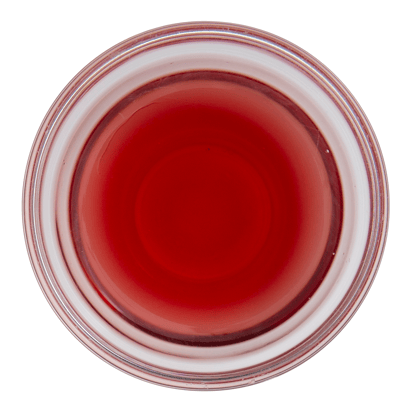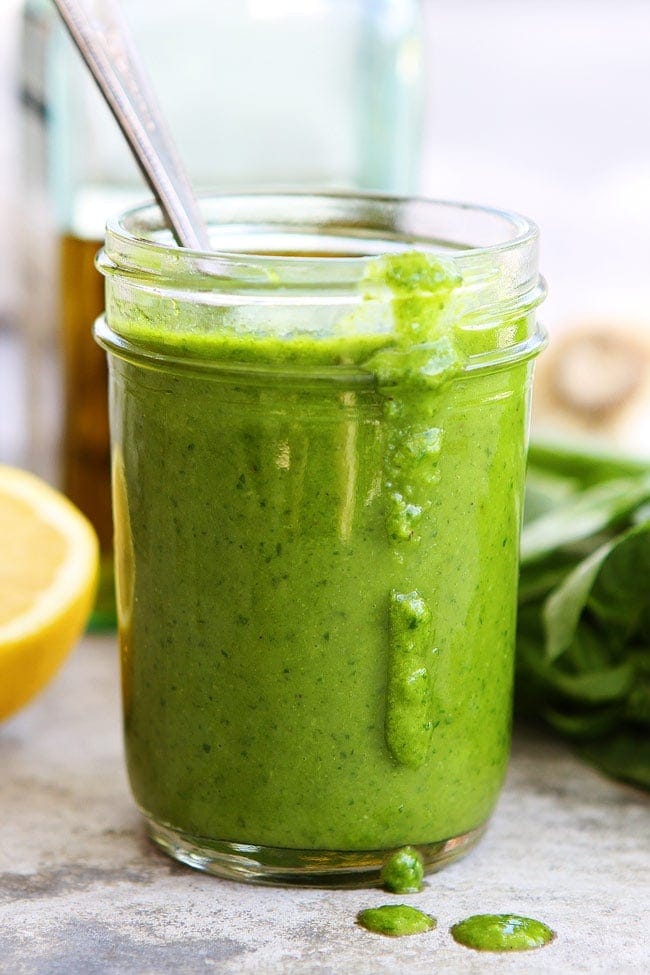Red Wine Vinegar: Important Facts, Health Benefits, and Recipes
Explore the world of red wine vinegar with our ultimate guide, covering its flavor, health benefits, culinary uses, and history for a healthier lifestyle.

Nutritional Facts
1 tbsp
Amount per serving
Calories
2.8
Carbohydrates
0 g
Fat
0 g
Protein
0 g
Saturated Fat
0 g
Sodium
1.2 mg
Fiber
0 g
Sugar
0 g
Best Red Wine Vinegar Recipes
-

-

-

-

-

-

-

-

-
![Chimichurri Pork Rice Bowls Image]()
-
![The Argentine Burger with Chimichurri Image]()
-
![Three Dry Salad Dressing Mixes Image]()
-
![Pork Vindaloo Image]()
-
![Simple, Perfect Steak Tartare Image]()
-
![Salt and Vinegar Potato Wedges Image]()
-
![Brussel Sprouts with Red Wine Image]()
-
![Chopped Greek Salad Image]()
-
![Cobb Salad Image]()
-
![Southwestern Zucchini Noodle Bowls Image]()
-
![Creamy Greek Pasta Salad Image]()
-
![Greek Tortellini Salad Image]()
-
![Mediterranean Zucchini Pasta Salad Image]()
-
![Polenta Rounds with Fried Eggs and Avocado Bean Salsa Image]()
-
![Greek Panzanella Salad Image]()
-
![Greek Stuffed Sweet Potatoes Image]()
-
![Cauliflower Lentil Sloppy Joes Image]()
-
![Basil Vinaigrette Image]()
-
![Roasted Chickpea Taco Salad Image]()
-
![Greek Salsa Image]()
-
![Sweet Potato Pomegranate Salad Image]()
-
![Smashed Chickpea Greek Salad Sandwich Image]()
-
![Greek Quinoa Salad Image]()
-
![Greek Salad Bruschetta Image]()
-
![Roasted Butternut Squash Orzo Salad Image]()
-
![Spinach Salad with Oranges, Pomegranate, and Almonds Image]()
-
![Greek Salad with Chicken Image]()
-
![Greek Cobb Salad Image]()
-
![Greek Salad Dressing Image]()
-
![Greek Chicken Gyro Salad Image]()
-
![Montreal Steak and Peppers Kebabs Image]()
-
![Healthy Greek Yogurt Tzatziki Sauce Image]()
-
![Crab and Shrimp Seafood Cobb Salad Image]()
-
![Easy Chicken Gyros with Tzatziki Sauce Image]()
-
![Greek Turkey Burgers with Tzatziki Sauce Image]()
-
![Greek-Style Panzanella Bread Salad Recipe Image]()
-
![THE BEST Italian Pasta Salad with Pepperoni Image]()
-
![Grilled Skirt Steak with Chimichurri Image]()
-
![Tomato and Hearts of Palm Salad Image]()
-
![Macaroni Salad with Smoked Mozzarella and Proscuitto Image]()









































